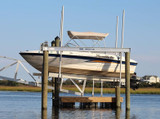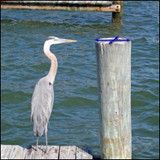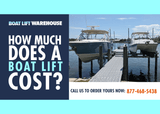If you are new to navigating the waves, you may need to brush up on your boating right of way rules. How two boats approach one another determines which boat has the right of way. When your vessel has the right of way, you are called the “stand-on” or “burdened” vessel. The stand-on vessel must confirm the actions of the give-way vessel by maintaining course and speed until you pass them or need to change your course. The “stand-off” or “give-way” vessel is the one that does not have the right of way. Here are some common scenarios that often occur on the water:
Approaching a Non-Power Vessel
When approaching a vessel without motor power, such as a sailboat, they have the right of way. They must be “under sail” to have the right of way over power-driven vessels. If they are using a small outboard motor, they have the same right of way as a normal powerboat.
Approaching Power-Driven Vessels
When two boats have the same priority of right of way, position and direction of travel are the determining factors.
- If a vessel is approaching you from the port (left) side of your boat, you have the right of way.
- If a vessel is aiming to cross your path and they are on the starboard (right) side of your boat, they have the right of way.
- Any vessel approaching your boat for the stern does not have the right of way. When a boat is overtaking another, the vessel in front always has the right of way.
Best Practices
If you are passing through a crowded harbor, aim for the stern (rear end) of the boat you want to go behind. This lets the driver of the other boat know that you plan to go behind them and they can continue their course. If you meet another boat head-on, both should pass each other port to port (left to left). If you are on a collision course with another vessel, alter your course with enough time to safely avoid the collision, even if you are the stand-on vessel. Some people may use a horn to communicate on the water. If you want to move past a boat or if you are overtaking another vessel and would like to pass, sound your horn for two short blasts. If you receive two short blasts back, the other boat is okay with the maneuver. If you hear five short blasts back, passing is unsafe.
Boat Lift Warehouse
Boat Lift Warehouse in Snow Hill, NC has been serving customers worldwide since 2004. We provide you with boat lifts, boat lift motors, parts, and accessories and we are dedicated to finding the right boat lift solution for you. Contact us today for all your boat lift and marine accessory needs.



